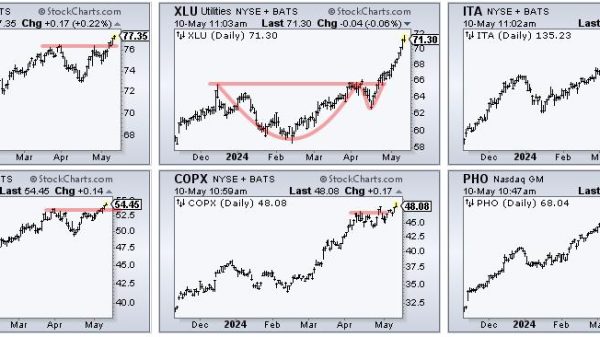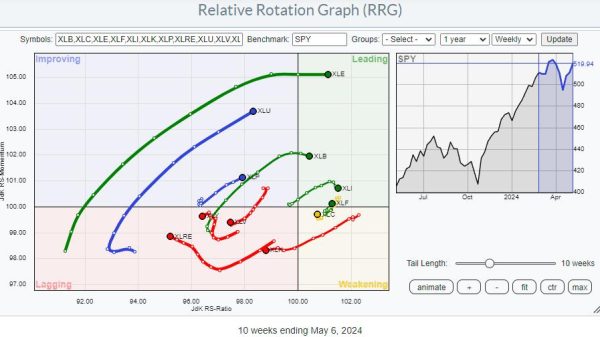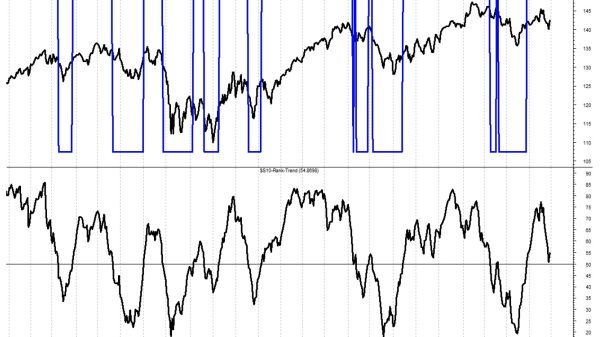BRUSSELS/LONDON — A major increase in solar power generation in southern Europe played a leading role in averting energy shortages during the heatwaves of recent weeks when temperatures broke records and drove unprecedented demand for air conditioning.
Solar power is particularly suited to coping with summer heat as the sun’s radiation is strongest around the hottest part of the day, when electricity demand for cooling is also at its highest.
“The very significant growth in solar basically compensates for the peaks that are caused by air conditioning,” Kristian Ruby, secretary general of electricity industry group Eurelectric, said of the situation in Spain.
Spain and Greece are among the countries that have installed many more solar panels in the face of record high energy prices last year and the quest for increased energy security linked to Russia’s invasion of Ukraine.
Spain added a record 4.5 gigawatts of solar photovoltaic capacity last year, resulting in solar energy output in July — typically one of the sunniest months — that was higher than any month to date, Spanish electricity grid operator Red Electrica said.
Data from Ember showed solar provided almost 24% of Spain’s electricity in July this year, up from 16% in July 2022.
When soaring temperatures and demand for cooling led to a peak in Sicilian power demand on July 24, nearly half of the excess demand — which totalled 1.3 GW — was covered by solar, Refinitiv data show. Sicily’s solar production last month was more than double that of July 2022.
“Without the additional solar, the system stability impact would have turned out much worse,” Refinitiv power analyst Nathalie Gerl said.
Solar alone cannot hold up grids under severe strain. Catania, below Mount Etna in eastern Sicily, has faced power and water supply cuts that local officials blamed in part on the heat. In Athens, power grid operator IPTO said wildfires had damaged sections of the electricity grid.
But higher solar output helped to satisfy demand in both countries. During Greece’s peak power demand this year, also on July 24, solar photovoltaics covered 3.5GW of the total 10.35GW demand, grid operator IPTO said.
Even in cooler and less sunny western countries such as Belgium, solar energy has covered more than 100% of the extra energy needed during midday spikes in power demand.
DEMAND DESTRUCTION
Despite its fast growth, solar is still a relatively small share of the power mix in most countries, where sources including wind, gas, coal and nuclear power typically cover the bulk of demand over the year.
Analysts say a second factor has helped to keep Europe’s energy systems running this summer: overall, power demand has been relatively low.
That has been the case since Europe’s energy crisis last year, when Russia cut gas deliveries to Europe. Energy prices in Europe are still high compared with historic levels – and consumers and industries have responded by using less power.
Extreme heat this summer has broken through this trend at times. But overall, demand has been below normal — Italy’s average hourly power use in July was 4.4% lower than in July 2022, while Spain’s was down by 3.6%, Refinitiv data show.
“The only reason why this has been bearable is the low power demand environment that we’re currently in,” Refinitiv’s Ms. Gerl said.
WORST IS YET TO COME
Scientists expect climate change will make heatwaves of the kind southern Europe has suffered this summer more frequent and even more severe in the coming years — adding to the burden on Europe’s energy infrastructure.
“Our energy systems are indeed not designed to cope with such situations,” said Simone Tagliapietra, senior fellow at think tank Bruegel.
Even before this year’s wildfires and record temperatures, heat and drought last year reduced hydropower generation, hampered fuel transport by river, and forced some nuclear power plants to curtail their output when cooling of the plants was limited by high river temperatures.
In a letter to the European Commission last week, industry groups including SolarPower Europe urged policymakers to speed up investments in energy grids and promote projects that couple solar with energy storage, to ensure solar power expands quickly enough to meet climate change goals. — Reuters























